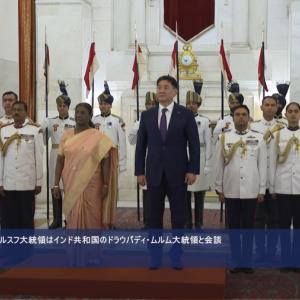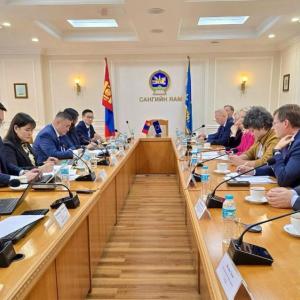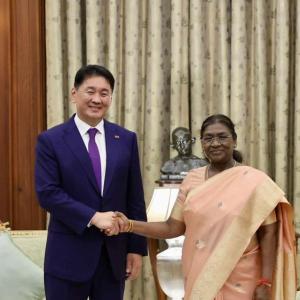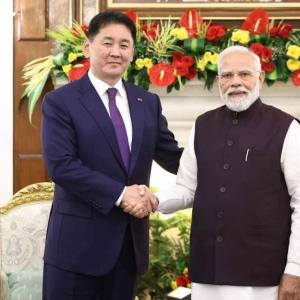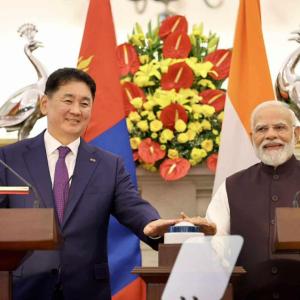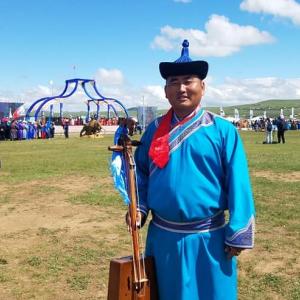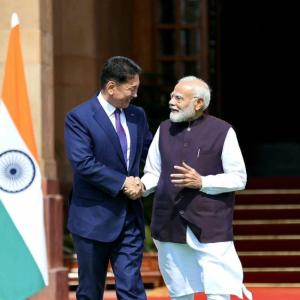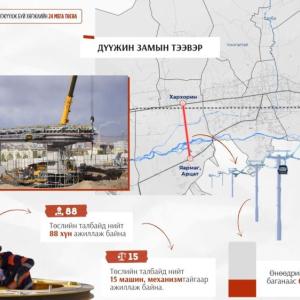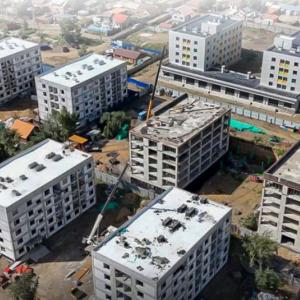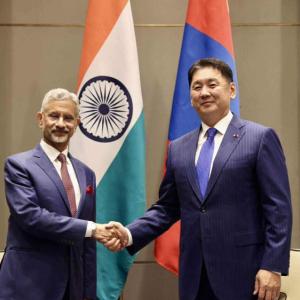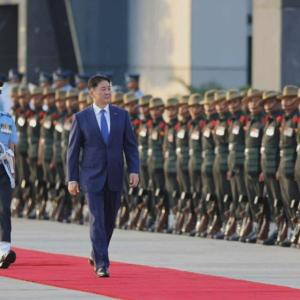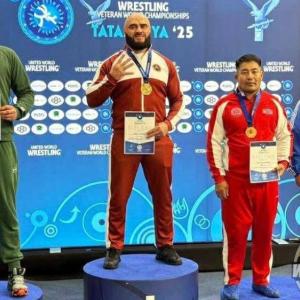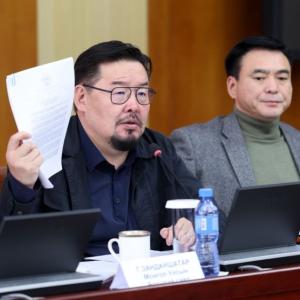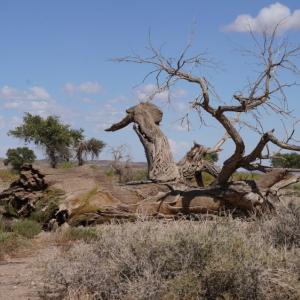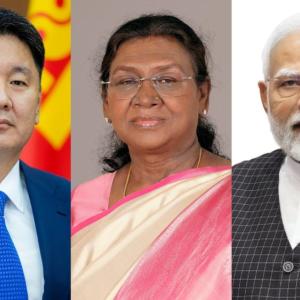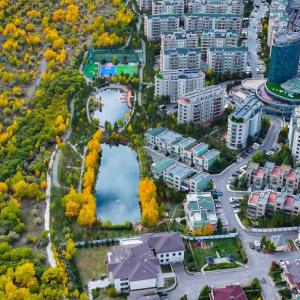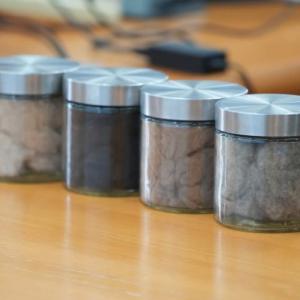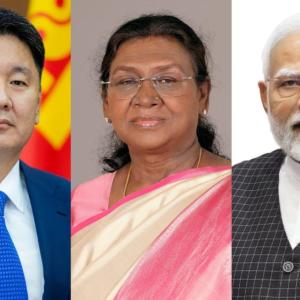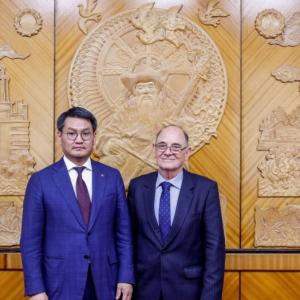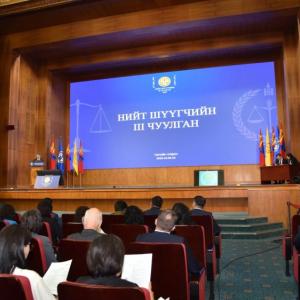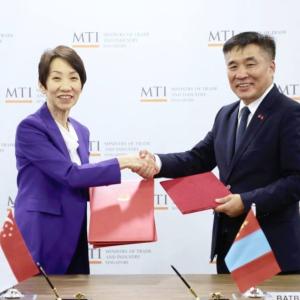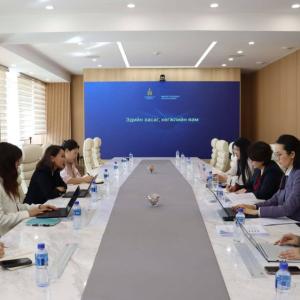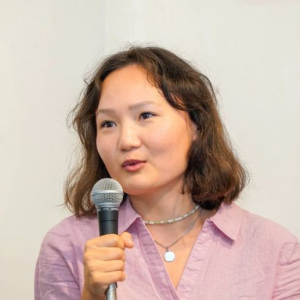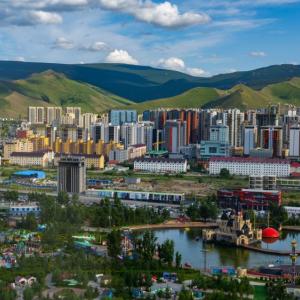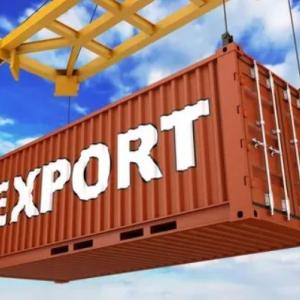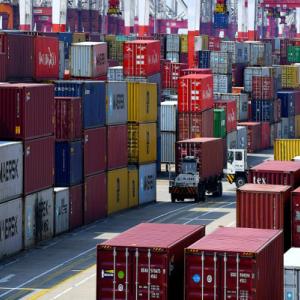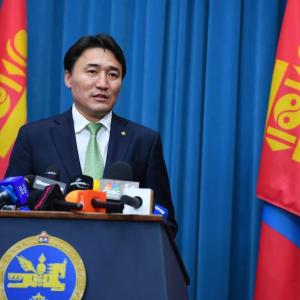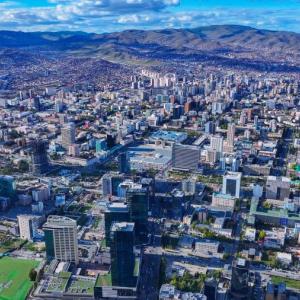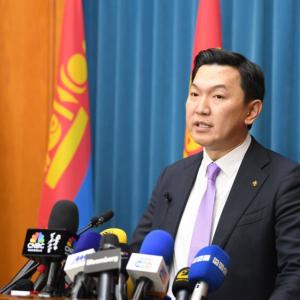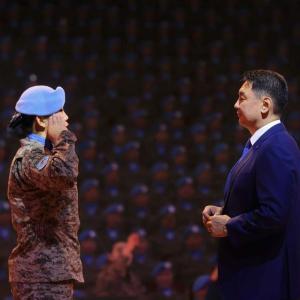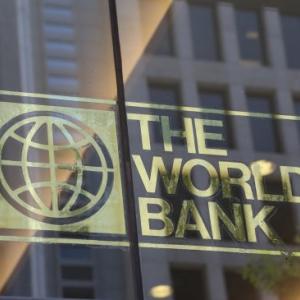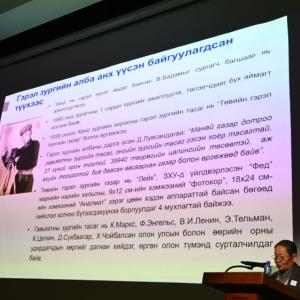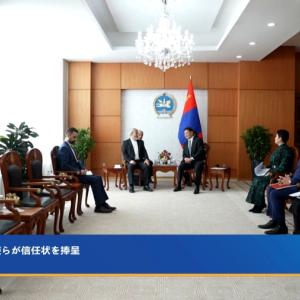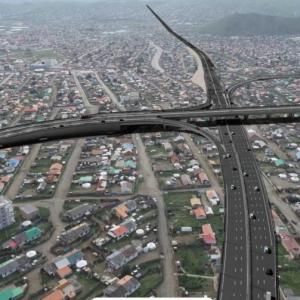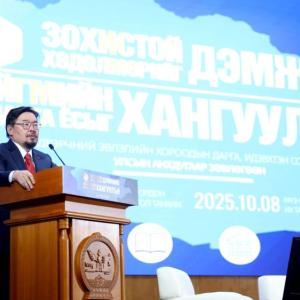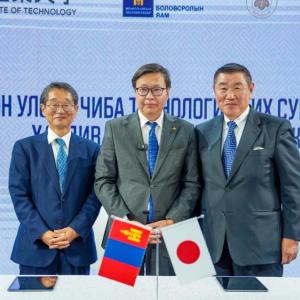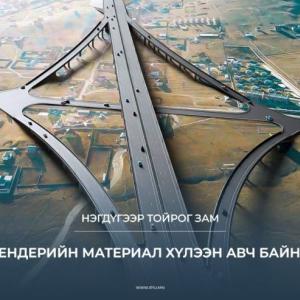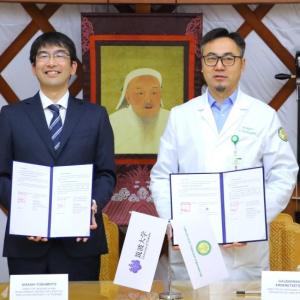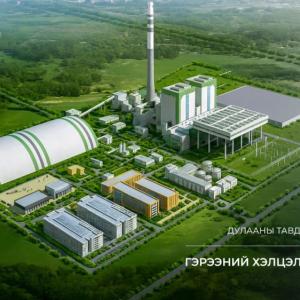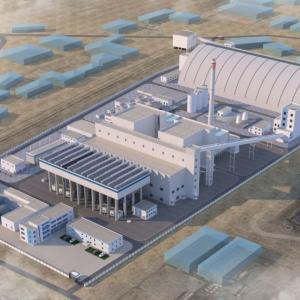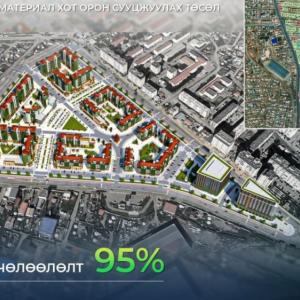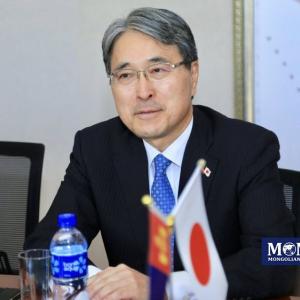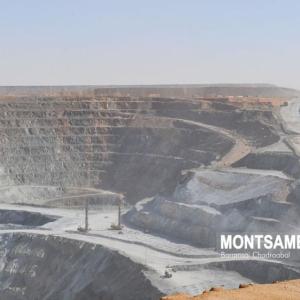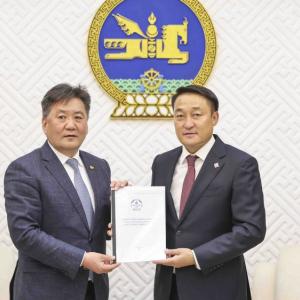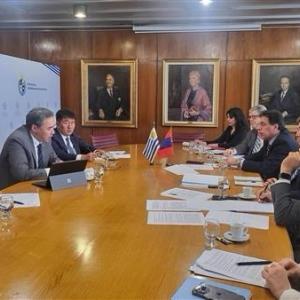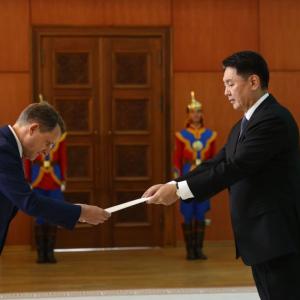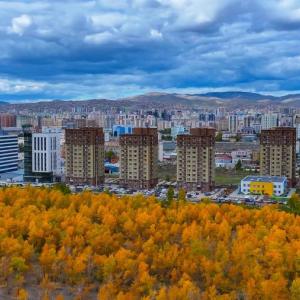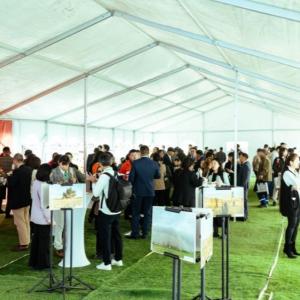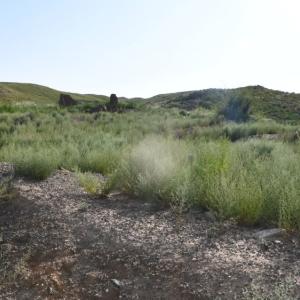Efficient Use of Renewable Energy Resources Can Enable Regional Supply
Politics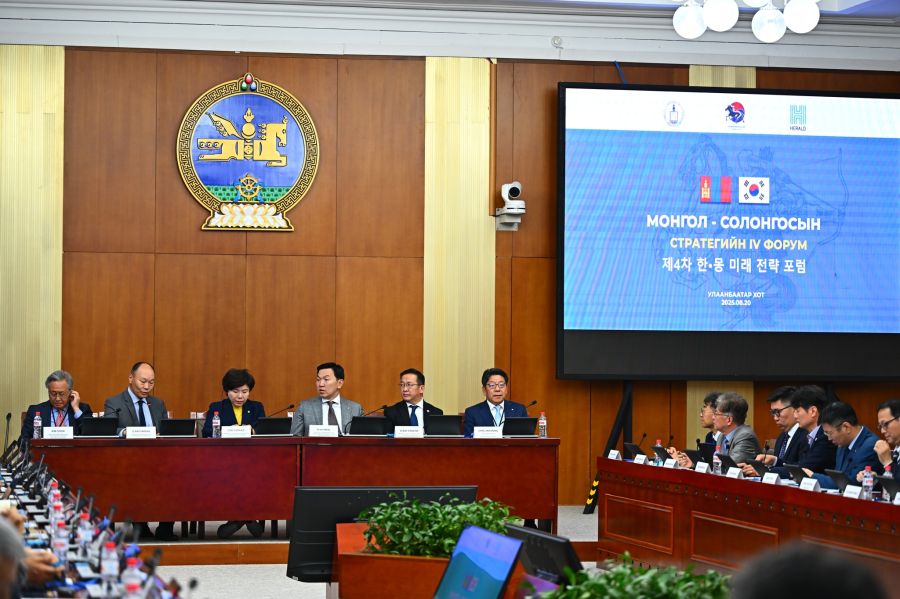
Ulaanbaatar, August 21, 2025
/MONTSAME/. The “Fourth Mongolia-South Korea Strategic Forum” took place at
the State Palace on August 20, 2025.
First Deputy Prime Minister of Mongolia Uchral Nyam-Osor delivered opening remarks, noting that, since establishing diplomatic relations in 1990, bilateral cooperation between Mongolia and the Republic of Korea has developed intensively, reaching the level of a Comprehensive Partnership through joint efforts. First Deputy PM highlighted the significance of the Forum in defining the directions of the bilateral strategic partnership and exploring new opportunities and resources for future cooperation.
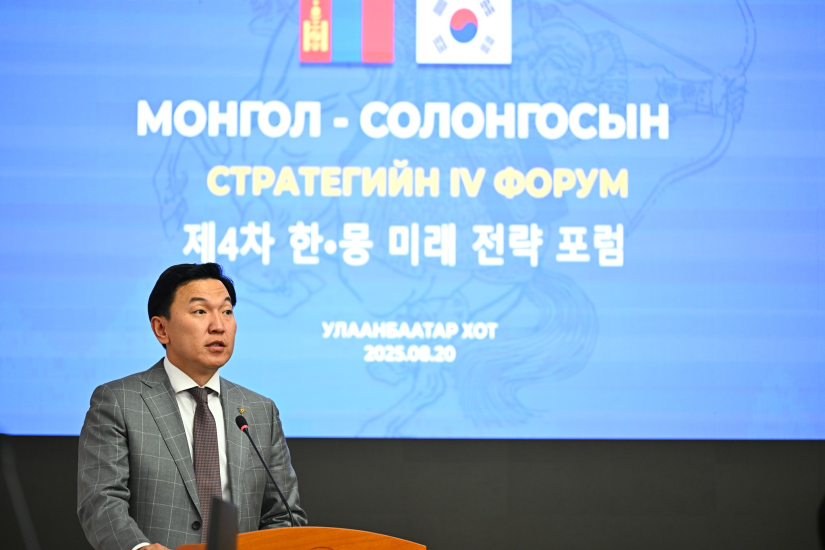
First Deputy PM Uchral
further elaborated, “Mongolia has abundant renewable energy resources. If
its abundant sources of solar, wind, hydro, and geothermal energy are utilized
efficiently, Mongolia has the potential not only to meet its own energy needs
but also to supply energy to the broader region. Thus, the high technology,
investment, and experiences of the Republic of Korea can make a valuable
contribution to the future of Mongolia’s energy sector.
Furthermore, we need to join forces
in efforts to combat climate change on a regional level. Implementing joint
projects aimed at reducing carbon emissions and increasing reforestation, as
well as sharing research findings on pollution, will not only contribute to
environmental protection but also further strengthen the future relations and
cooperation between the two countries.
This Strategic Forum is the
beginning of a new step forward in bilateral cooperation. I am confident that
the strategic partnership between Mongolia and South Korea in the areas of
renewable energy, urban heating modernization, and environmental protection
will continue to strengthen and expand, contributing to the creation of a
healthy and sustainable environment for future generations.”
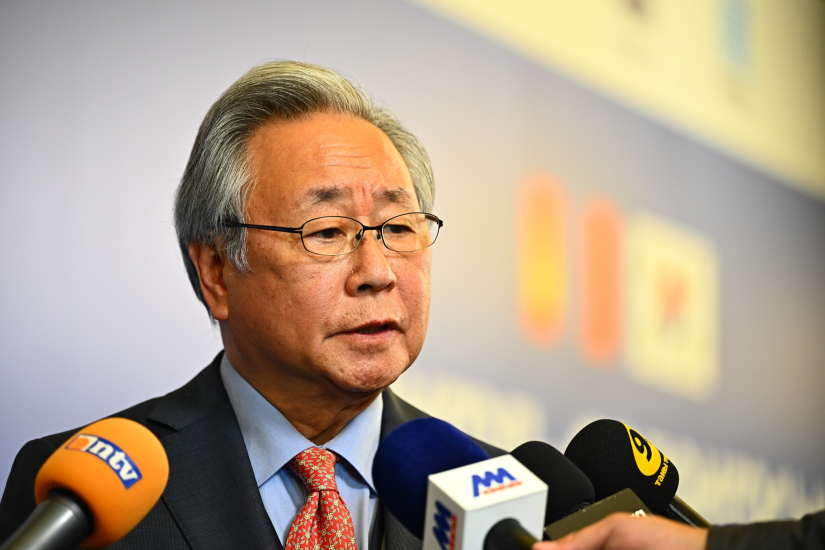
Held annually, this year’s
edition of the Forum focuses on the themes of energy and ecological issues.
Executive Director of the
Ban-Ki Moon Foundation for a Better Future, Mr. Kim Sook, stated in his
interview, “Mongolia, with its vast lands, has abundant renewable
energy resources, marking a potential to unlock many advantages. The development
of renewable energy will contribute not only to the domestic power and energy sectors
but also to the technology sector, particularly artificial intelligence. Many
renewable energy experts work in the Republic of Korea. I am confident that at
this Forum, we will set the foundation for incorporating our human resources into
energy operations to reach tangible outcomes.”

Advisor to the Minister of Environment and Climate Change, Mr. D. Amgalan, noted the Fourth Mongolia-South Korea Strategic Forum as one form of bilateral cooperation, and stated, “The renewable energy technologies currently in use in South Korea are highly applicable to Mongolia. In addition, the environmental and climate change research conducted by Korean experts closely aligns with Mongolia’s conditions, making their implementation both relevant and feasible in practice.”
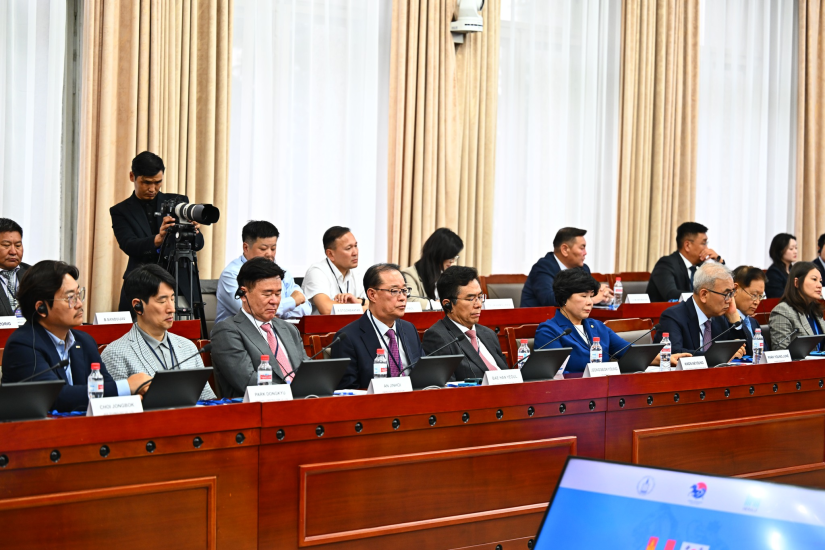
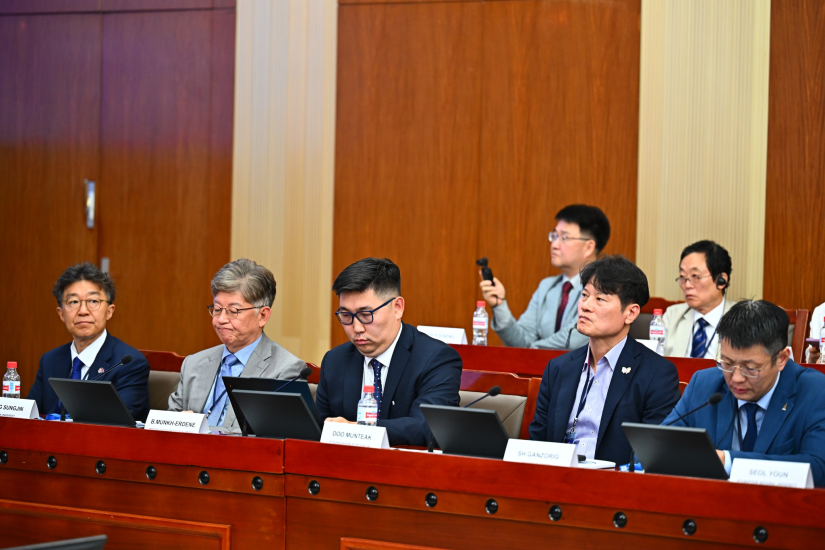
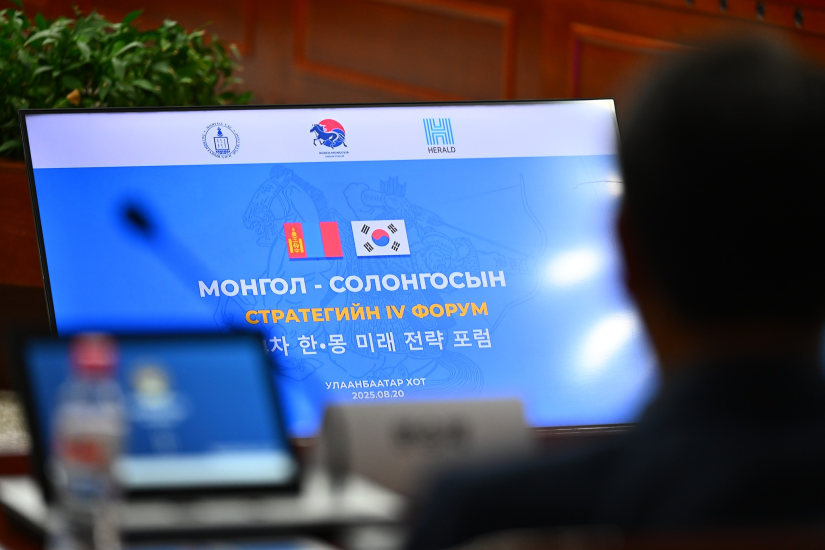
 Ulaanbaatar
Ulaanbaatar






